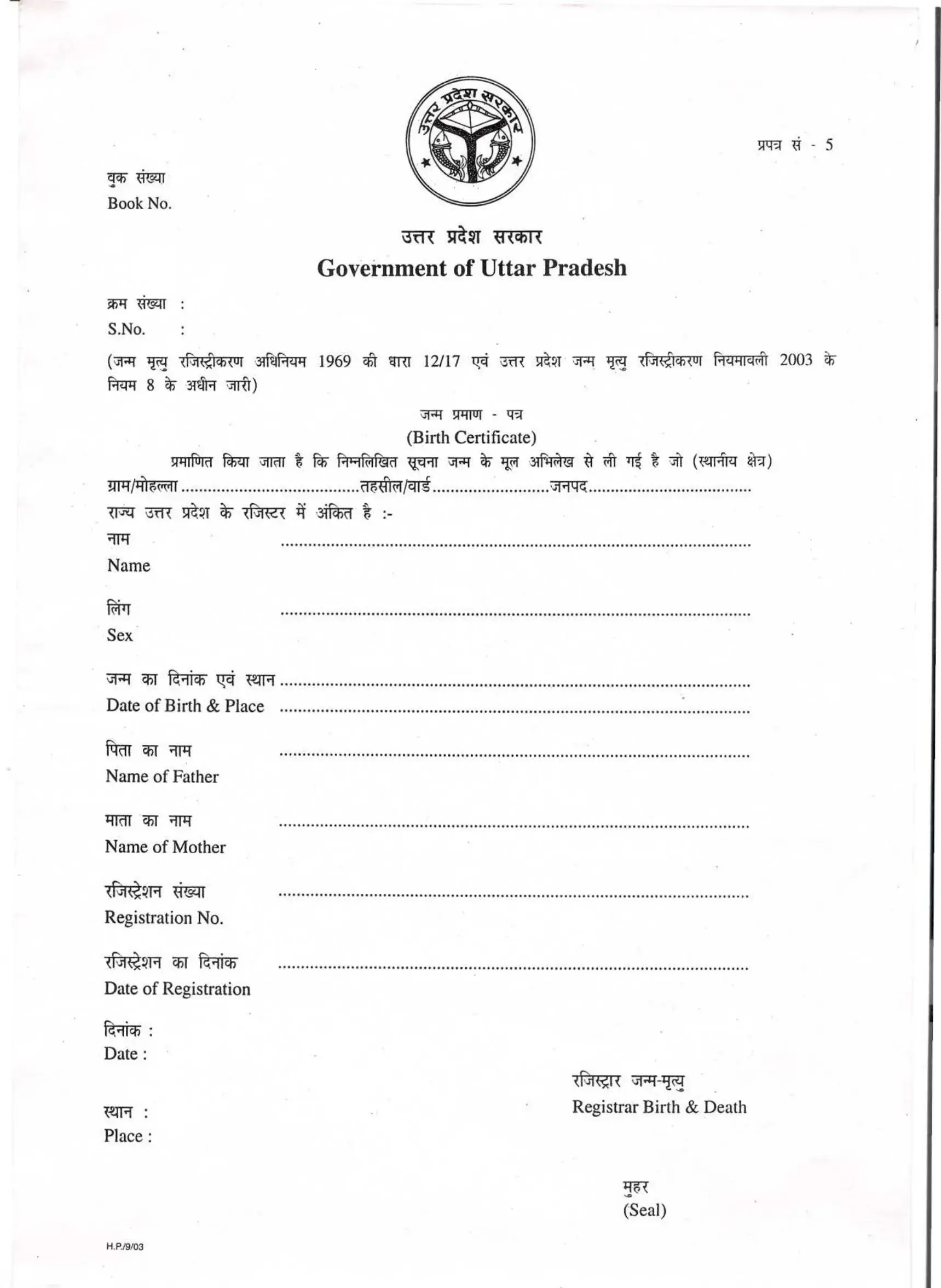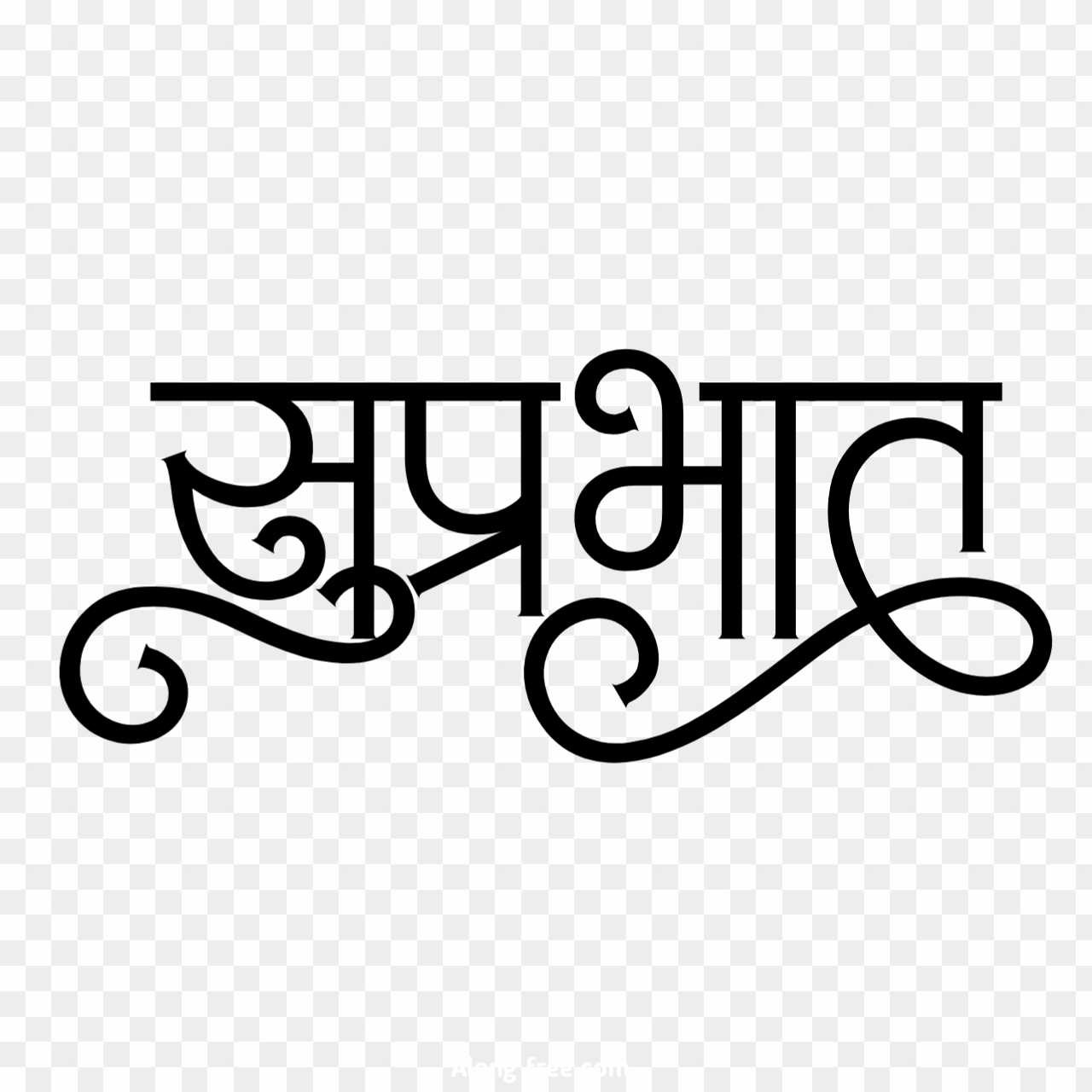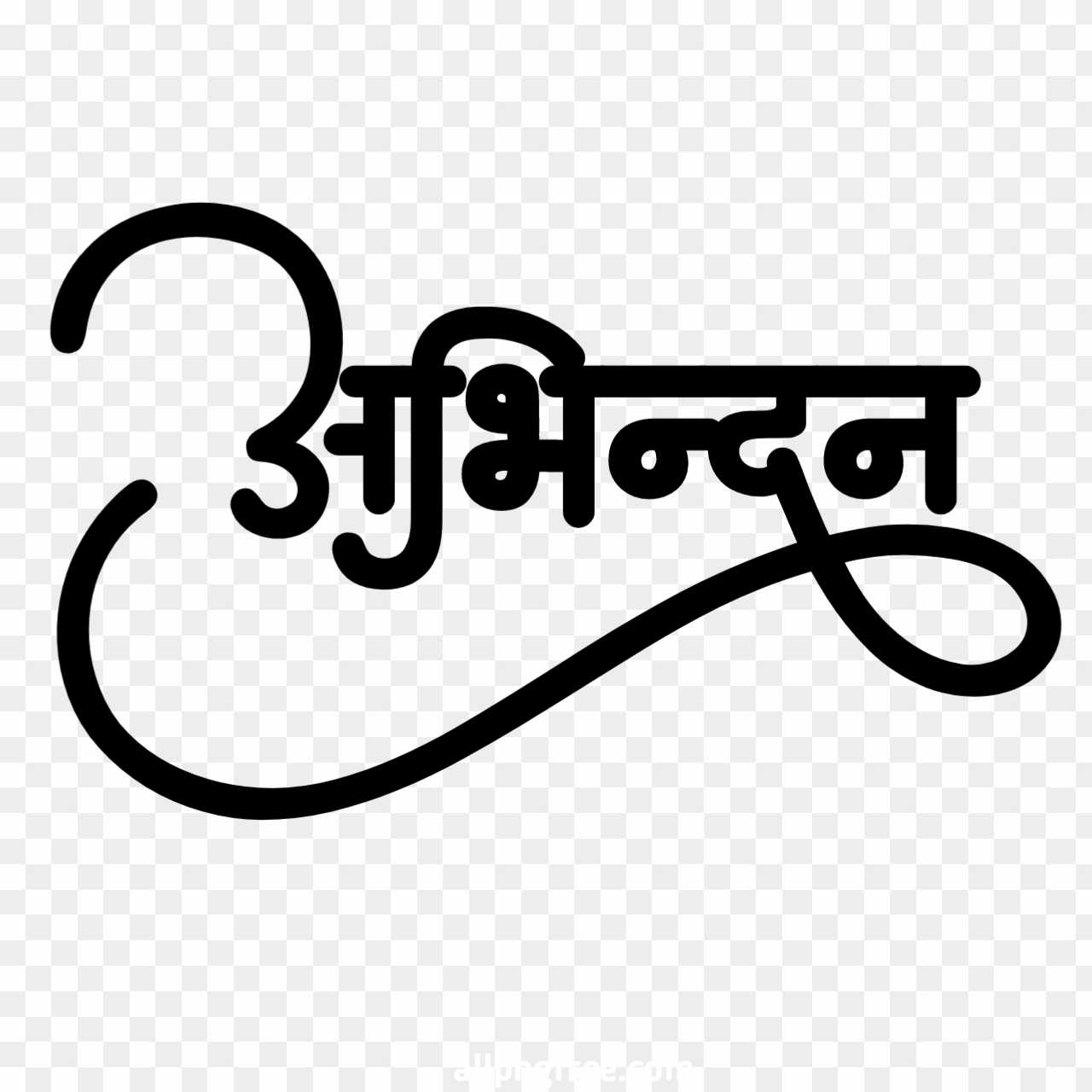Ever wondered how to say "birth place" in Hindi? Well, let me tell you, it's not just a phrase—it's a connection to your roots and identity. If you're diving into the world of Hindi language or exploring your heritage, knowing how to express "birth place" is more than just vocabulary. It's about embracing a culture that speaks through every word and phrase. So, buckle up because we're about to embark on an exciting linguistic adventure!
Now, you might be thinking, why should I care about saying "birth place" in Hindi? Well, here's the thing. Language is like a key that unlocks doors to understanding people, traditions, and histories. And Hindi, my friend, is one of those keys that opens up a treasure chest of South Asian culture. So, whether you're planning a trip to India or just curious about the language, this phrase will definitely come in handy.
Before we dive deeper, let's set the stage. This article isn't just about translating a phrase. It's about giving you the tools to speak confidently and understand the nuances of the Hindi language. By the end of this, you'll not only know how to say "birth place" in Hindi but also appreciate the beauty of this rich and vibrant language. So, let's get started, shall we?
- Josh Hartnett Parents Unveiling The Family Behind The Hollywood Star
- Unveiling The Truth About Sierra Deaton A Rising Star In The Spotlight
What Does "Birth Place" Mean in Hindi?
Okay, let's cut to the chase. The Hindi translation for "birth place" is "जन्म स्थान" (pronounced janm sthaan). Simple, right? But wait, there's more to it than just the words. "Janm" means birth, and "sthaan" means place. So when you put them together, it literally means the place where you were born. See, language is like a puzzle, and every word has its own piece that fits perfectly into the bigger picture.
But here's the kicker. Hindi is not just about the words; it's about the context. When you say "janm sthaan," you're not just talking about a location on a map. You're talking about the place that shaped your identity, your memories, and your story. And isn't that something worth knowing?
Why Is "Janm Sthaan" Important in Hindi Culture?
In Hindi culture, the concept of "janm sthaan" carries a lot of weight. It's more than just the place where you were born; it's a symbol of belonging and heritage. For many people, their "janm sthaan" is where their family roots lie, where their ancestors lived, and where their traditions began. It's like a home base, a place you can always return to, no matter where life takes you.
- Fameblogs Marvins Peel Emails Address A Deep Dive Into The World Of Digital Influence
- Unlocking The Power Of Agmaalrun Your Ultimate Guide
Think about it. When someone asks you where you're from, they're not just asking for a city or country. They're asking for your story, your background, and your connection to the world. And in Hindi, saying "janm sthaan" is like telling a mini biography of who you are and where you come from.
How to Pronounce "Janm Sthaan" Correctly
Now, let's talk pronunciation. Pronouncing Hindi words correctly can be a bit tricky, especially if you're not familiar with the language. But don't worry, I've got you covered. Here's a quick guide to help you pronounce "janm sthaan" like a pro:
- Janm: It's pronounced as "jum" with a short "u" sound, like in "hut."
- Staan: Pronounced as "sthaan," with a soft "th" sound, like in "thought."
So, when you put them together, it sounds like "jum sthaan." Practice it a few times, and you'll get the hang of it in no time!
Exploring the Roots of Hindi Language
To truly understand the significance of "janm sthaan," we need to take a step back and explore the roots of the Hindi language. Hindi is one of the official languages of India and is spoken by millions of people across the country. It belongs to the Indo-Aryan branch of the Indo-European language family, which means it shares some similarities with languages like English, German, and French.
But here's the interesting part. Hindi has evolved over centuries, influenced by various cultures and languages. From Sanskrit to Persian, and even English, Hindi has borrowed words and phrases to create a rich and diverse vocabulary. And "janm sthaan" is just one example of how Hindi combines ancient roots with modern usage.
The Influence of Sanskrit on Hindi
Sanskrit is often referred to as the mother of Hindi, and for good reason. Many Hindi words, including "janm" and "sthaan," have their origins in Sanskrit. Sanskrit is one of the oldest languages in the world and has played a significant role in shaping the cultural and linguistic landscape of India.
So, when you say "janm sthaan," you're not just speaking Hindi; you're connecting to a language that has been around for thousands of years. It's like a linguistic time machine that takes you back to the ancient civilizations of India. Pretty cool, right?
Common Mistakes When Translating "Birth Place" to Hindi
Now, let's talk about some common mistakes people make when translating "birth place" to Hindi. One of the biggest mistakes is assuming that "birth place" can be directly translated word-for-word. While "janm sthaan" is the correct translation, there are other phrases that might seem similar but have different meanings.
For example, "patrika" means "newspaper" in Hindi, but some people mistakenly use it to mean "place." Similarly, "janma" is another word for "birth," but it's often used in religious contexts. So, if you're looking for the correct translation, stick with "janm sthaan." Trust me, it'll save you a lot of confusion.
How to Avoid Translation Errors
Here are a few tips to help you avoid translation errors when working with Hindi:
- Use reliable resources like dictionaries or language apps to double-check your translations.
- Ask a native Hindi speaker to review your work and provide feedback.
- Be mindful of context. Words can have different meanings depending on the situation.
By following these tips, you'll be able to translate phrases like "birth place" with confidence and accuracy.
Using "Janm Sthaan" in Everyday Conversations
Now that you know how to say "birth place" in Hindi, let's talk about how to use it in everyday conversations. Whether you're introducing yourself or asking someone about their background, "janm sthaan" is a great way to start a meaningful dialogue. Here are a few examples:
- "Mera janm sthaan Delhi hai." (My birth place is Delhi.)
- "Aapka janm sthaan kahan hai?" (Where is your birth place?)
These simple sentences can open up doors to deeper conversations about culture, traditions, and personal experiences. And isn't that what language is all about—connecting with others on a deeper level?
Tips for Speaking Hindi Fluently
If you're serious about learning Hindi, here are a few tips to help you become more fluent:
- Practice speaking with native speakers as often as possible.
- Watch Hindi movies or listen to Hindi music to improve your listening skills.
- Use language learning apps to expand your vocabulary and improve your grammar.
Remember, learning a language takes time and effort, but the rewards are worth it. So, don't be afraid to make mistakes and keep practicing!
Exploring Hindi Through Literature and Media
Hindi is not just a spoken language; it's also a language of literature, cinema, and media. From classic novels to Bollywood blockbusters, Hindi has a rich and diverse cultural scene that offers endless opportunities for learning and enjoyment. And when it comes to "janm sthaan," you'll find it mentioned in countless stories, songs, and movies.
For example, many Hindi films explore themes of identity and belonging, often using "janm sthaan" as a central motif. By watching these films, you can gain a deeper understanding of how the concept of "birth place" is perceived in Hindi culture. Plus, it's a fun way to improve your language skills!
Recommended Hindi Books and Movies
Here are a few recommendations to get you started:
- Books: "Godaan" by Premchand, "Tamas" by Bhisham Sahni
- Movies: "Lagaan," "Swades," "Dilwale Dulhania Le Jayenge"
These works not only provide entertainment but also offer valuable insights into Hindi culture and language.
Conclusion: Embrace Your "Janm Sthaan"
So, there you have it. "Birth place" in Hindi is "janm sthaan," and it's so much more than just a phrase. It's a connection to your roots, your identity, and your story. By learning this simple phrase, you've taken the first step towards understanding and appreciating the beauty of the Hindi language.
Now, here's the fun part. I want you to take action. Whether it's practicing your pronunciation, using "janm sthaan" in a conversation, or exploring Hindi literature and media, make sure you embrace this new knowledge. And don't forget to share this article with your friends and family. Who knows? You might inspire someone else to embark on their own linguistic adventure!
Table of Contents
- Birth Place in Hindi: A Journey to Discover the Roots
- What Does "Birth Place" Mean in Hindi?
- Why Is "Janm Sthaan" Important in Hindi Culture?
- How to Pronounce "Janm Sthaan" Correctly
- Exploring the Roots of Hindi Language
- The Influence of Sanskrit on Hindi
- Common Mistakes When Translating "Birth Place" to Hindi
- How to Avoid Translation Errors
- Using "Janm Sthaan" in Everyday Conversations
- Tips for Speaking Hindi Fluently
- Exploring Hindi Through Literature and Media
- Recommended Hindi Books and Movies
- Conclusion: Embrace Your "Janm Sthaan"



Detail Author:
- Name : Dr. Elian McCullough
- Username : ratke.susie
- Email : hschuppe@gmail.com
- Birthdate : 1992-10-03
- Address : 626 Yundt Squares Apt. 848 Angelitastad, CO 38673
- Phone : +1-772-874-3352
- Company : Kuvalis LLC
- Job : Telephone Station Installer and Repairer
- Bio : Quis explicabo odit commodi omnis ea at reiciendis. Fuga porro culpa alias dolore. Minus enim magnam aut. Cum fugit aliquid blanditiis totam neque incidunt suscipit quia.
Socials
instagram:
- url : https://instagram.com/isom_weber
- username : isom_weber
- bio : Facere deserunt earum molestiae aut beatae voluptate et. Et id amet accusantium et porro est.
- followers : 2133
- following : 2361
twitter:
- url : https://twitter.com/isomweber
- username : isomweber
- bio : Quisquam quasi consequatur tempore quia. Voluptatem id laudantium consequatur neque.
- followers : 5472
- following : 2727